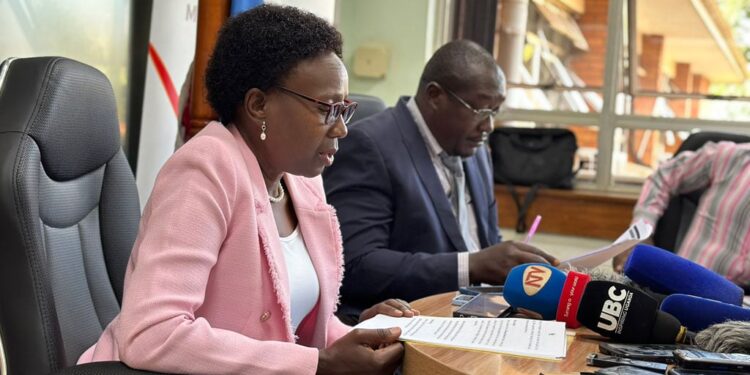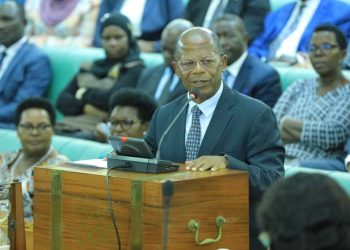The Ministry of Health in Uganda has implemented a ban on DNA paternity relationship testing centers from advertising their services.
The ministry has stated that any DNA center found advertising its services will risk having its license revoked.
Strict Advertising Regulations
According to a four-page document released by the ministry, no DNA sample collection center is allowed to engage in any form of advertising or promotion of its services.
The consequences for failing to comply with this directive are clear: automatic cancellation of the license.
Scope of the Ban
The ban applies to both laboratories that collect samples and conduct paternity relationship testing and facilities that only collect samples and then send them to another laboratory for testing.
Quality Control and Regulation
This initiative by the Ministry of Health aims to maintain the quality of DNA testing results in Uganda.
Dr. Suzan Nabadda, the commissioner-in-charge of laboratory services at the Ministry of Health, emphasized that the guidelines are designed to ensure the proper handling of DNA samples, the use of appropriate equipment, and adherence to specific standards throughout the testing process.
Accredited Laboratories
Dr. Nabadda identified three accredited laboratories in Uganda that can conduct DNA testing: the Government Analytical Laboratory, the Uganda Police Forensic Laboratory in Naguru, and MBN Clinical Laboratory.
Requirements for Facilities
Facilities involved in DNA testing must meet specific criteria to operate legally.
They need to be registered and provide proof of ownership of the premises.
Additionally, they must have a valid license from either the Allied Health Professionals’ Council or the Uganda Medical and Dental Practitioner’s Council.
These facilities are also required to have standard operating procedures for pre- and post-test counseling, as well as follow the ministry’s guidelines for sample collection, packaging, storage, and shipment.
Regulating Sample Transfers
When a facility is transferring a sample to an accredited DNA testing laboratory, a valid material transfer agreement must be in place and approved by the director general of health services.
Rising Demand and Regulation
The demand for paternity testing in Uganda has been increasing.
While it serves as a useful tool for resolving questions of paternity, the government’s decision to regulate these services is driven by concerns that such testing might have negative effects on families.
The ban on advertising is part of an effort to strike a balance between addressing the demand for DNA paternity testing and ensuring the responsible and regulated use of such services in the country.


































































